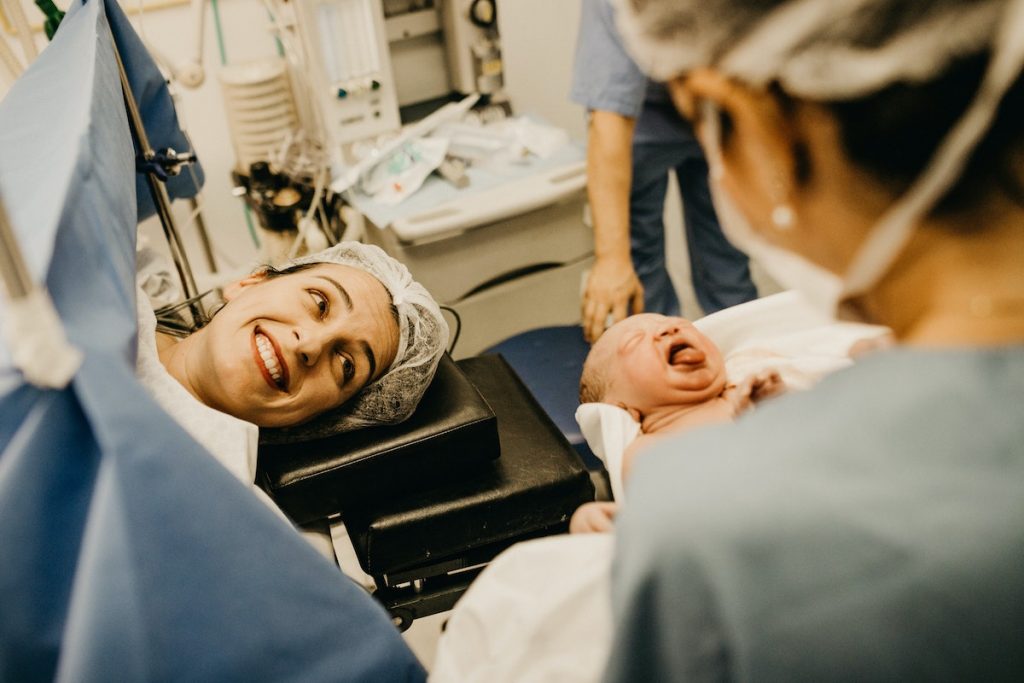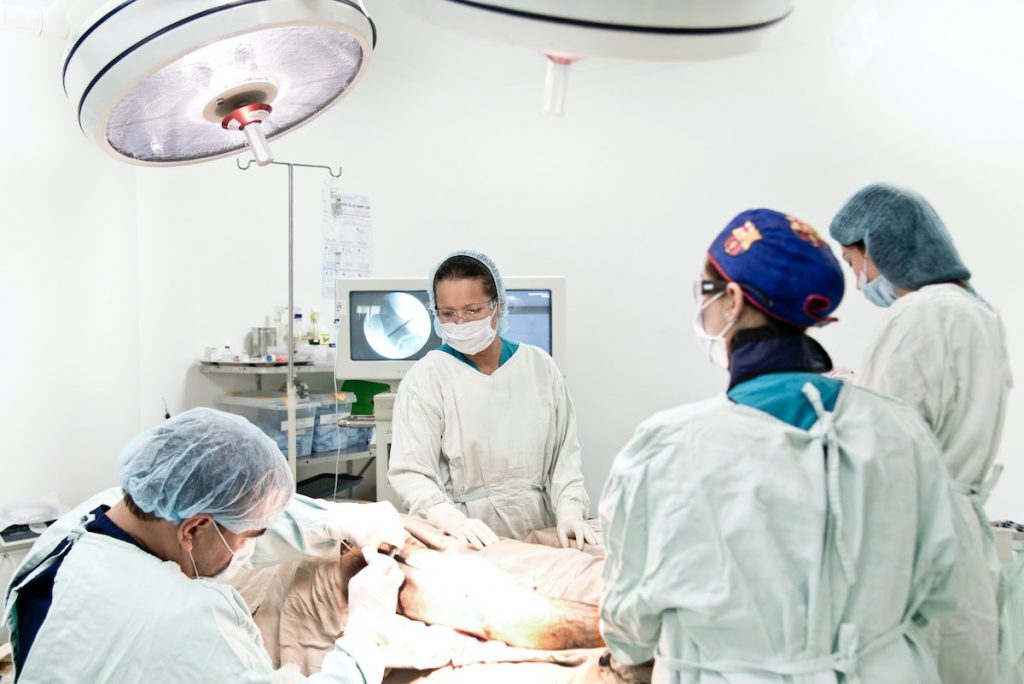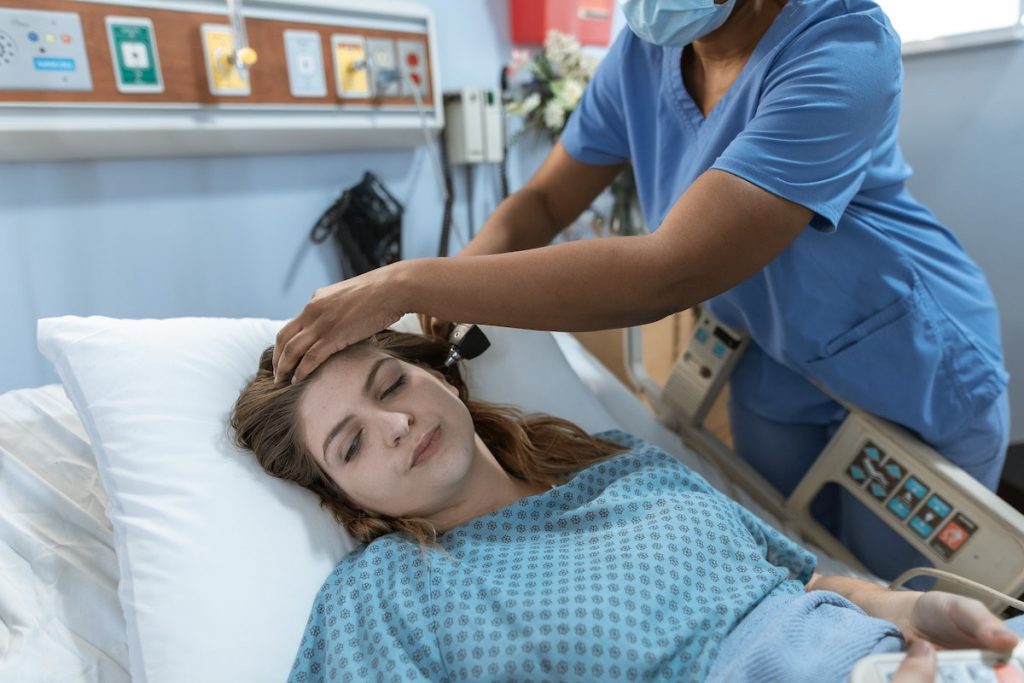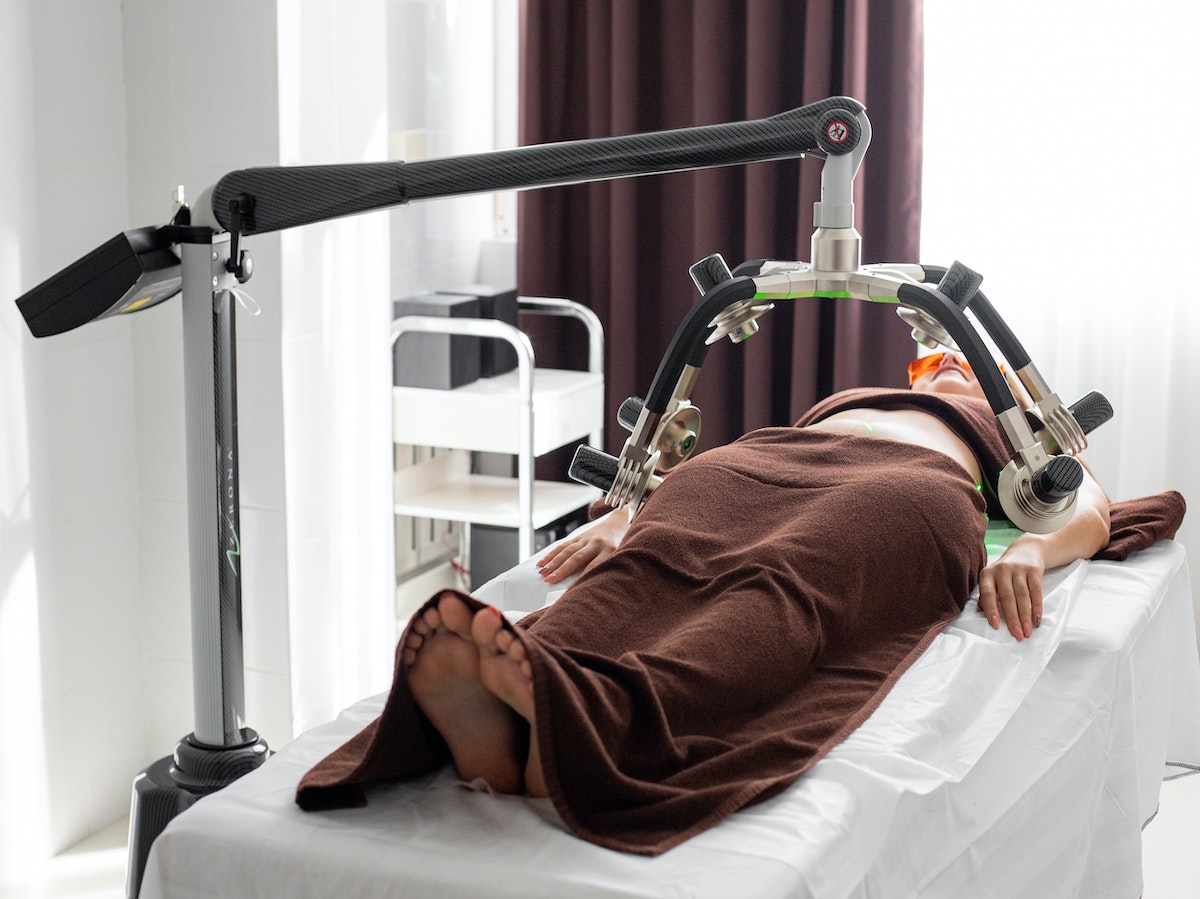Cosmetic surgeries are some of the most popular medical procedures out there. These types of surgery can range from the necessary, like corrective jaw surgery, to the purely aesthetic such a some forms of breast surgery. One of the most common kinds of surgery is the tummy tuck.
According to the American Society of Plastic Surgeons there were over 129,000 tummy tucks in 2017 alone, which is 2 percent more from the previous year.
However, like all surgeries, tummy tucks can have complications and side effects even post-surgery. One of the most common and obvious are tummy tuck scars.
Can You Remove Tummy Tuck Scars?

Tummy tuck scars are inevitable components of many forms of surgery, ranging from liposuction to Cesarian deliveries. Because a tummy tuck is essentially folding skin and muscle in ward to remove slackness, it requires an incision. The surgeon will make a long cut just above your pubis and below your navel. They will do their best to follow your panty line to make it easier to hide the cut.
Although pictures of tummy tuck scars can be scary or off-putting, most heal into barely noticeable lines.
However, some scars may appear more noticeable or don’t heal well. If you have a highly noticeable or poorly healed scar, it may impact your self-esteem and image. But are there ways to remove your tummy tuck scars?
You can try using topical creams and medication. There are plant extracts, such as rosehip seed oil, that can help scars fade over time thanks to their medicinal properties. Rosehip seed oil has actually been extensively studied as a way to reduce post-surgery scarring. Other substances touted for their scar-reducing properties include witch hazel extract and cocoa butter.
Of course, you can always explore surgical options to reduce your tummy tuck scars, but it won’t be cost effective. These typically may involve skin grafts if the scarring is bad enough. The best way to avoid bad tummy tuck scars is to learn about what could make them worse.
What Can Exacerbate Tummy Tuck Scars?

There are many factors surgeons consider when they’re going to give you cosmetic surgery. The following are the most concerning when dealing with tummy tucks and similar procedures like liposuction.
These factors can exacerbate your tummy tuck scars.
-
Age
Skin loses elasticity as you age. Your ability to heal quicker and more effectively can also be compromised by how old you are. For this reason, scarring can be more severe with older adults because aside from the natural deterioration of their bodily systems, they may have more preexisting conditions that could inhibit healing. It’s crucial to offer assistance to seniors before and after their cosmetic surgery to ensure they don’t end up with bad tummy tuck scarring.
-
Infection
A tummy tuck may require the installation of drains to avoid fluid pooling in your abdominal cavity. This means that your incision may be open to infection. An infection from a bacteria can cause inflammation, fever and even corruption of the scar area. A severe enough infection won’t just cause the type of tummy tuck scars in pictures, it can even pose a risk to your life. Take any antibiotic your doctor prescribes as directed and ensure you follow any instructions on how to keep your incision clean.
-
Smoking
Cigarette smoking is a major contributor to the appearance of tummy tuck scars. Smoking causes constriction of small blood vessels throughout your body, including your skin. This means that less oxygen and nutrients are distributed through your blood. This may hamper any healing and cause severe scarring. Smoking also reduces the elasticity of your skin just like aging does and complicate matters even more.
How Can You Reduce Tummy Tuck Scars?

There are as many stories about cosmetic surgery as there are urban legends abut spiders. Some of these stories concern how to reduce the aftereffects of surgery. If you want to make sure you don’t develop unsightly tummy tuck scars and ensure your skin heals quickly, here are a few things you must keep in mind.
-
Quit Smoking
It’s crucial that you quit smoking cigarettes six weeks before your tummy tuck and six weeks post-surgery to give your body the best shot at healing with minimal scarring. This ensures your body returns to as close to normal as possible and gives it the time to flush out the toxins cigarettes introduce to your body.
-
Avoid Strenuous Activity
A tummy tuck involves opening a large incision across your entire abdomen. Activities like heavy lifting, strenuous exercise and similar physical efforts can rip your stitches open. This will require immediate medical attention as you may bleed out. Even if your life isn’t imperiled, it may require stitching up your incision again which can cause bad tummy tuck scars.
-
Eat Right
One of the most important facets of your post-surgical regimen is your diet. You need to know what you can eat after your surgery if you want to give your body the nutrients it needs to heal properly. Food rich in vitamin C can help your body fight off infections while whole grains provide plenty of fiber and other vitamins needed to fuel your healing process.
Tummy tuck scars are an inevitable side-effect of certain surgical procedures. Unless you use non-surgical body sculpting methods, your best shot at looking good after your tummy tuck is learning how to prevent them from getting worse in the first place.




